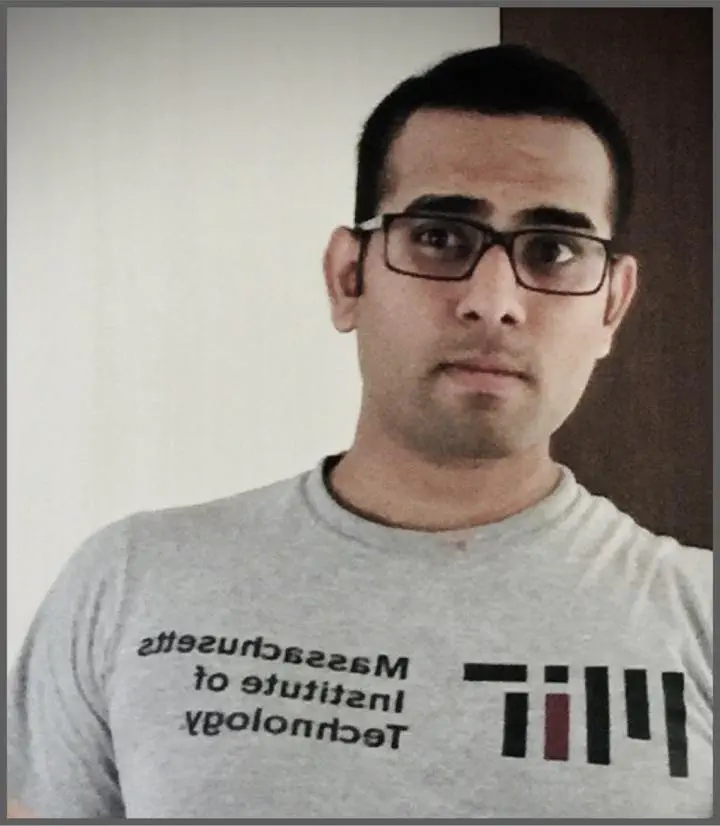Public Interest Computing: Pluralistic Design of Ethically Responsible AI and Policy

Abstract
AI-enabled systems profoundly shape our daily lives, influencing our interactions with the world. Despite their vast impact, advanced AI technologies, like large language models (LLMs), often elude billions grappling with poverty and global climate challenges. This inequity underscores the urgent need for policy-oriented AI research focused on driving social change and sustainable development. This talk centers on real-world field research dedicated to designing AI-driven decision-making systems in resource-scarce environments. Emphasizing distributive justice, I illuminate sociotechnical challenges faced by mainstream AI designs rooted in evolving norms, algorithmic biases, shifting data distributions, and enduring colonial legacies. The talk delves into innovative Responsible AI designs to augment climate change mitigation policies and addressing market failures that have led to over 300,000 farmer suicides. I introduce Public Interest Computing as a framework proposing the integration of social and ethical values into Human-AI decision systems from their inception, ensuring foundational guidance for equitable AI design, implementation, and governance. By prioritizing historically marginalized communities and local partners, this framework harnesses AI-enabled insights to scientifically inform high-stakes policy decisions and improve the well-being of invisible millions. Throughout the talk, I emphasize the crucial need for conscientious progress in public sector AI, highlighting its significance not just as a focal point but as a pathway to equitably distribute the benefits of digital technologies across society.
Resources for Attendees
Seminar Details
Presenter Bio
Neil Gaikwad is a PhD candidate at MIT where he is also a Scholar of Social and Ethical Responsibilities of Computing and a fellow at the Dalai Lama Center for Ethics and Transformative Values. His research in Responsible AI and Policy brings a novel computational lens to high-stakes societal decision-making, specifically focusing on addressing issues of equity, ethics, and access within algorithmic systems. This research has been published in top conferences in artificial intelligence (AAAI) and human-computer interaction (CHI, CSCW, UIST). It has also been featured in The New York Times, New Scientist, Bloomberg, WIRED, and The Wall Street Journal. The impact of Neil’s research and teaching has received widespread recognition, including a Facebook PhD Fellowship, an MIT Human Rights & Technology Fellowship, a Rising Star in Data Science by the University of Chicago, a nomination for Schmidt Science Fellows, and an MIT GSC Graduate Teaching Award. For his contributions to advancing DEI values, he was honored with MIT’s highest student award, the Karl Taylor Compton Prize. Neil holds a master’s degree from the School of Computer Science at Carnegie Mellon University. For further information about his research and artistic pursuits, please visit: webpage , X neilsgaikwad, arts on Instagram neilgaikwad_creations